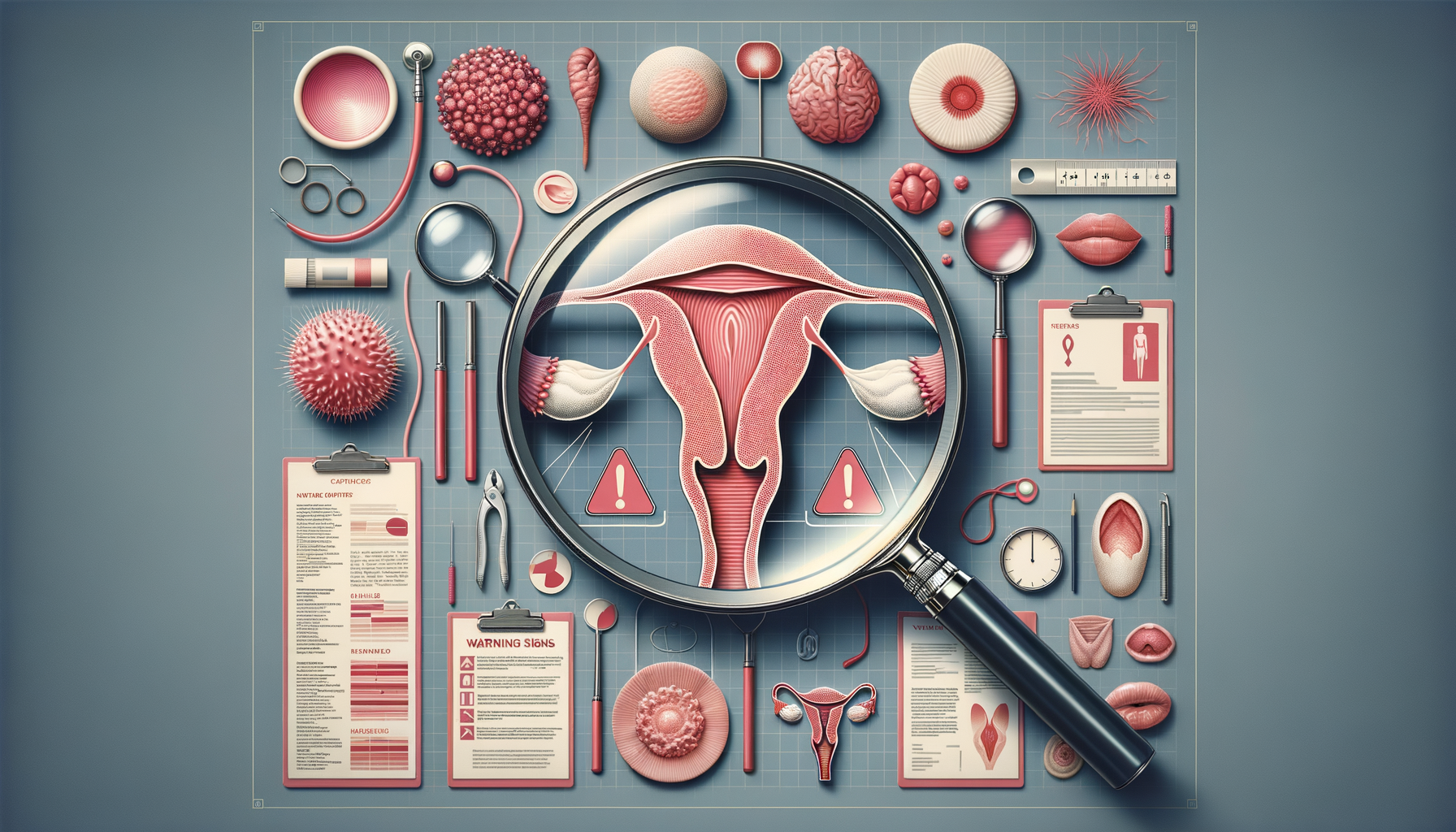Introduction to Vulvar Cancer
Vulvar cancer, although less common than other gynecological cancers, is a serious condition that requires awareness and understanding. It primarily affects the external part of the female genital organs and can significantly impact a woman’s health if not detected early. Understanding the early signs of vulvar cancer is crucial for timely diagnosis and treatment, potentially improving outcomes and quality of life.
In this article, we will explore the early symptoms of vulvar cancer, discuss the importance of recognizing these warning signs, and offer insights into how to approach potential symptoms. By being informed, individuals can seek medical advice promptly, which is essential for effective management of the condition.
Common Early Symptoms of Vulvar Cancer
Early symptoms of vulvar cancer can often be subtle and easily overlooked. However, recognizing these signs can make a significant difference in the prognosis. Some of the most common early symptoms include:
- Persistent itching or irritation in the vulvar area
- Changes in the skin color or texture, such as thickening or a rash
- Presence of a lump or sore that does not heal
- Unusual bleeding or discharge not related to the menstrual cycle
These symptoms may not always indicate vulvar cancer, as they can be associated with other less serious conditions. However, if they persist, it is essential to consult a healthcare professional for proper evaluation and diagnosis.
Vulvar Cancer Warning Signs
Aside from the common symptoms, there are specific warning signs that should not be ignored. These include:
- Pain or tenderness in the vulvar region
- Swelling or a noticeable mass
- Changes in the appearance of moles or birthmarks in the area
Awareness of these warning signs is vital because early-stage vulvar cancer is often more treatable. Regular self-examinations and being attentive to any changes can empower women to take charge of their health and seek medical advice when necessary.
Risk Factors and Preventive Measures
Understanding the risk factors associated with vulvar cancer can help in taking preventive measures. Some of the known risk factors include:
- Human papillomavirus (HPV) infection
- Smoking
- History of precancerous conditions such as vulvar intraepithelial neoplasia (VIN)
Preventive strategies include regular gynecological check-ups, practicing safe sex to reduce the risk of HPV infection, and quitting smoking. Vaccination against HPV is also recommended as a preventive measure.
Conclusion: Taking Action on Early Signs
In conclusion, recognizing the early signs of vulvar cancer is critical for early intervention and better outcomes. By being informed and vigilant about changes in the vulvar area, individuals can seek timely medical advice. Regular health check-ups and adopting preventive measures can further reduce the risk of developing vulvar cancer.
Ultimately, empowerment through knowledge and proactive health management can lead to a healthier future for women at risk of vulvar cancer.




Leave a Reply